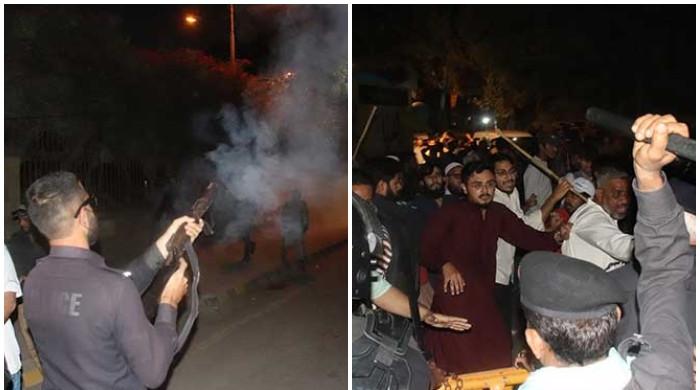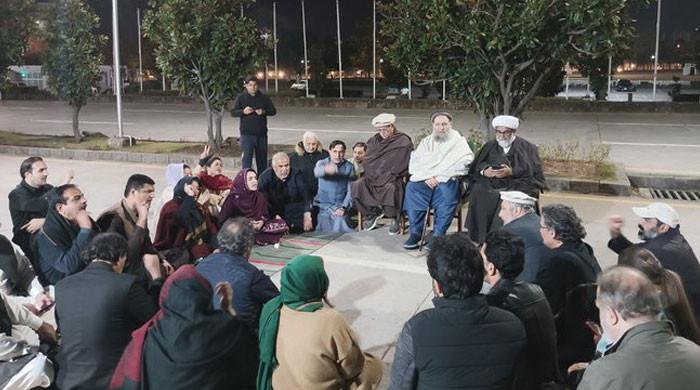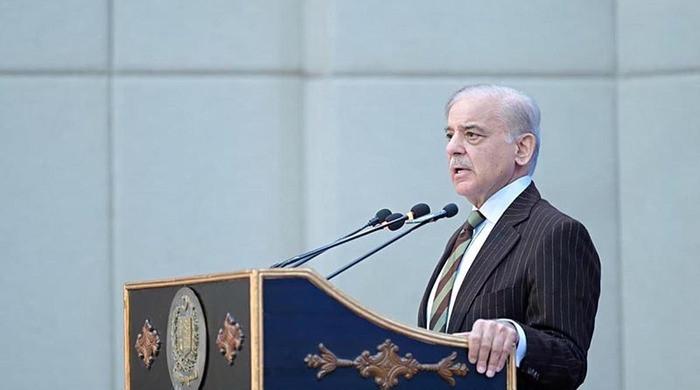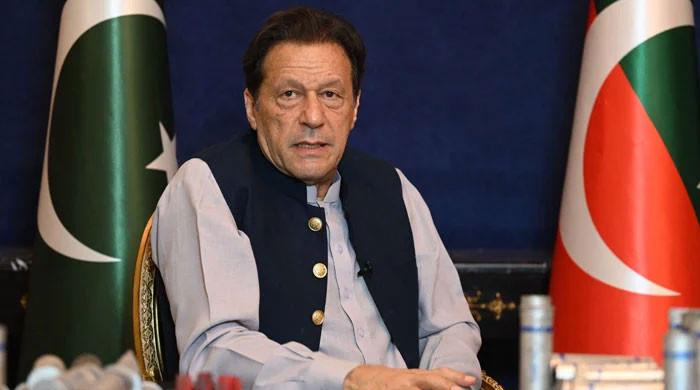Sindh to get next Sinopharm coronavirus vaccine tranche in next 36 hours
The next vaccine tranche is expected to reach Pakistan from China in the next 24 hours
February 15, 2021
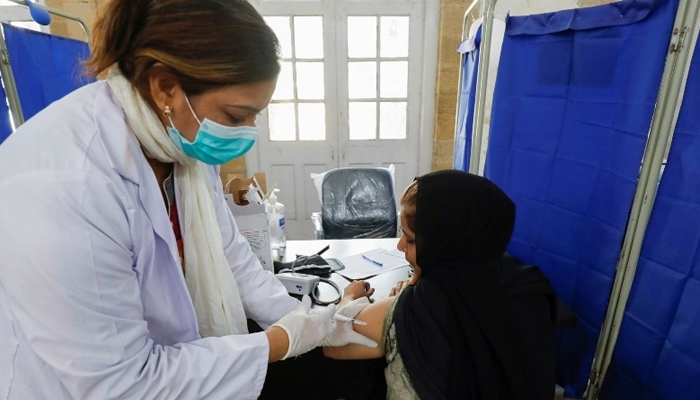
- Sindh to get next tranche in next 24-36 hours
- Centre to give 84,000 vaccine jabs to Sindh
- Tranche to arrive from China to Pakistan within a day
The Sindh government expects to receive the next Sinopharm coronavirus vaccine tranche from the Centre in the next 24-36 hours, sources said Monday.
The sources said that the federal government would give 84,000 vaccine doses to Sindh — the same amount provided in the first tranche. The next vaccine tranche is expected to reach Pakistan from China within a day.
The frontline healthcare workers will be informed of their next vaccine jab through SMS from 1166, sources added.
The Sindh government also plans to purchase 20 million doses of the coronavirus vaccine directly from China for its adult population.
The government is already in touch with the Centre for approvals, Sindh Health Minister Dr Azra Pechuho had said earlier.
Read more: Sindh reports sweeping irregularities in dispensing China's Sinopharm vaccine against COVID-19
As many as seven more patients died of COVID-19, lifting the death toll to 4,226, while 254 new cases were detected in the province in the last 24 hours.
Chief Minister Sindh Murad Ali Shah, in a statement, said that the province's overall cases had reached 254,015, while 235,854 patients have recovered.
NCOC guidelines on Sinopharm vaccine
NCOC has been getting complaints of irregularities in the administration of coronavirus vaccine by the Sindh government due to which many “influentials but unrelated people” have benefitted.
According to the complaints, several non-frontline health workers, some influential people and their families were reportedly vaccinated in connivance with the officials of local health departments.
According to NCOC guidelines, the vaccine cannot be given to anyone over 60 years or under 18 years.
This guideline, however, is in stark contradiction to the global practice where primarily those over 60 years of age are being administered the coronavirus vaccines.






